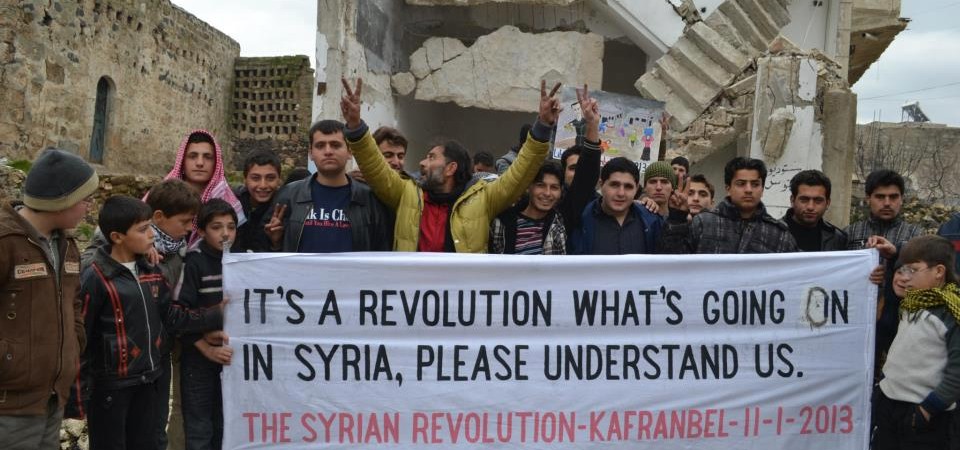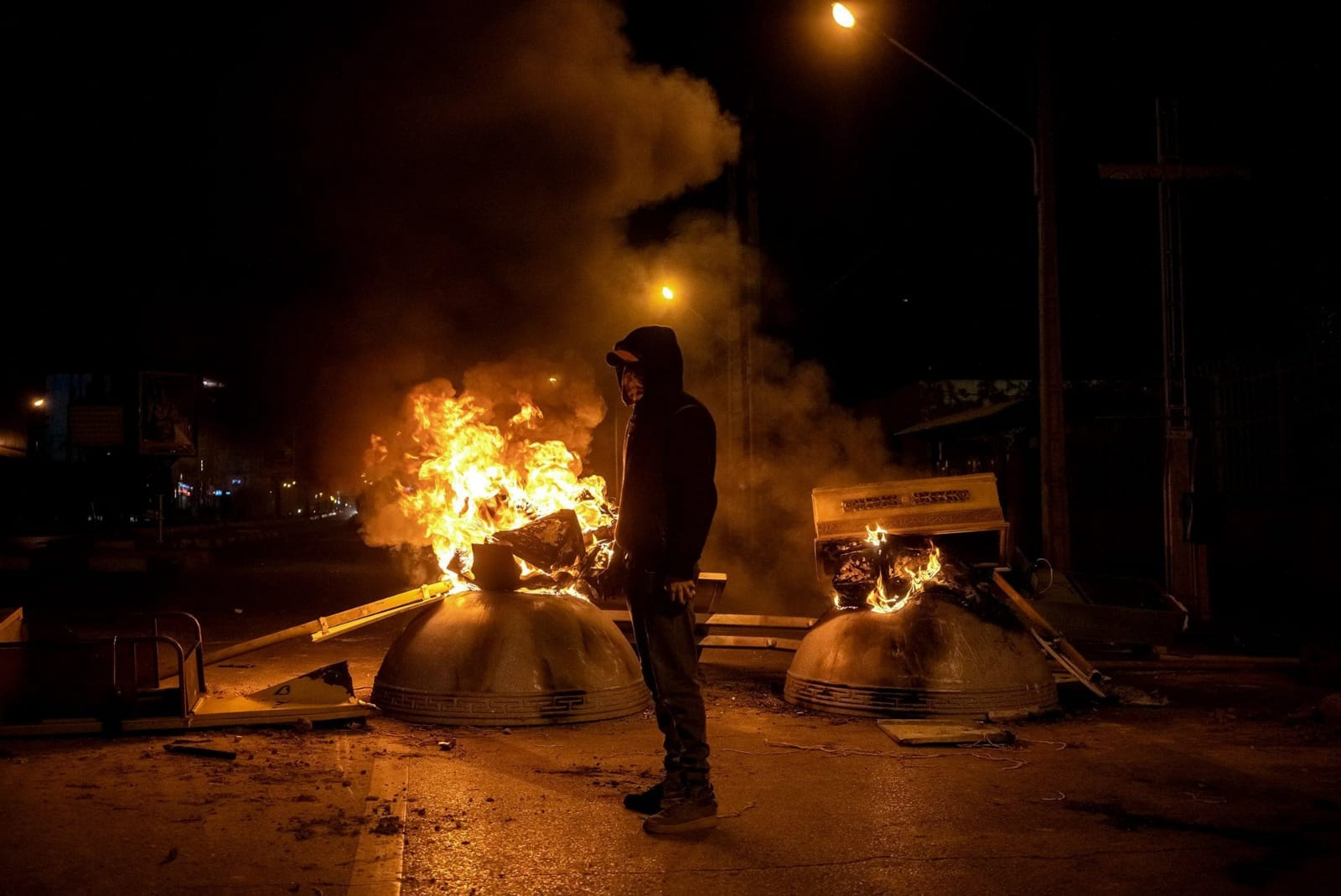Feeling powerless after the UK parliament voted for the bombing of Syria and not sure what to do next? Somewhere between overwhelming hopelessness and heading off to join the Kurdish YPJ (women’s protection units) there are a range of everyday acts of solidarity. Here are a week’s worth:
Day 1: Stop strategising.
The chances are you don’t have that much experience as a military strategist, and yet social media is alive with declarations such as ‘airstrikes won’t stop Isis!’
These statements are at best a move to support our own anti-intervention ideology rather than rooted in fact (when 25% of Isis territory has been taken back with assistance of airstrikes so far). Pronouncing on the particulars around how the British state should or should not fight the war on Isis might be gratuitously fascinating, but it isn’t active solidarity.
Day 2: Start strategising.
What we do need to do is strategise around our action; that which we can shift, influence, bend and break. A fine example of directionlessness was the call-out to lobby MPs after the vote on airstrikes had happened, seemingly for no purpose other than to demonstrate our wrath.
Focusing that rage on Hilary Benn, now temporarily heralded as the Winner of the War Speeches, demonstrates an even greater lack of hope that we have any power to make a difference. There was never going to be a phone call to Cameron saying he’d changed his mind and could they vote again.
However, there are plenty of weak spots in the policies of the elite that stand a chance of caving to pressure. Delisting the PKK – the Kurdistan Workers’ Party, listed as a terrorist organisation by Turkey, the EU and NATO – would be a start. The uneasy alliance the West has with the Kurdish struggle (whilst the Kurds remain the greatest resistance to Isis) occurs whilst simultaneously the UK criminalises the Kurdish population, keeping the PKK proscribed and locking up teenager Shilan Özçelik in the UK for wanting to fight ISIS. Awkward. Especially as the UK is best buddies with Turkey, who are bombing the Kurds and assisting Isis. Lobbying MPs to delist the PKK is what Kurds in the UK are asking for. Sign and share the petition today.
Day 3: Banners back at ya, Kafranbel!
Raed Fares, an activist from Liberated Kafranbel, ‘The Little Syrian Town That Could’, explains that the town’s residents chose to draw in English, rather than Arabic, explicitly to reach an international audience. “It’s very important to send our message to all the world,” he said. “And English is the public language.”
Spreading the word is what we’re being asked to do, so share today. And begin the dialogue. If we are on the streets with banners and signs, make a message of solidarity to the resisters at Kafranbel as part of the humanising conversation we can have.
Day 4: Hear Syrian voices.
We don’t have to all be experts in Middle East politics and actually it might be best if we don’t try to be. What we can do is listen to what Syrians are saying. It doesn’t have to be turgid texts; give books by Syrian authors as Christmas presents.
Day 5: Not ‘not in my name’.
Of the 36 massacres in Syria last month, only one was in ‘our name’. Of course, that’s one too many but it’s high time we talked about Bashar al-Assad, the brutal Syrian president. Stop the War Coalition has come under fire from Syrians in the UK for ignoring Syrian voices.
The handwringing about coalition bombing combined with a silence and a silencing on Assad comes across as a curious nationalism. We don’t want our bombs to kill civilians – but that’s about our guilt, not the civilians dead. And the stats are brutal: since 2011, 95.96% of Syrian civilians killed have been at the hands of Assad’s forces. 180,879 dead Syrians is an enormous elephant in the room. From today on – never mention Syria without saying Assad.
Day 6: Cough up.
Direct funding to struggles in Syria is an obvious way to demonstrate solidarity. The revolution in Rojava (Syrian Kurdistan) has gained attention over the last year for its commitment to gender equality, autonomy and grassroots democracy.
Unfortunately a lot of that attention has taken the form of spirited debates amongst individuals and organisations guessing how perfectly utopian it may or may not be, rather than direct aid to rebuild a society devastated by the war with Isis. Plan C’s Rojava solidarity cluster, amongst other solidarity groups, is raising funds for medical equipment and essential supplies to rebuild Rojava and is already well over target thanks to everyone who put their money where their mouth is.
Day 7: Keep fighting on the home front.
As Emily Apple suggests in The Canary, there are a range of campaigns and actions we can engage in here in the UK. We need to make complex links and recognise the other acts and strategies not so overtly tied to ‘our bombs’ but just as integral to the situation for Syrians, as well as the rest of us. From action for the women who’ve fled the brutal rape culture of war we can work to shut down Yarl’s Wood detention centre.
Solidarity is everything from keeping fascism off our streets to fighting greenwash in the ecology movement for all the reasons Maddy Hodgson has explained on NovaraWire.
Solidarity is and can be many more effective, joyous and creative things than a limp cardboard sign on a wet winter day.
Photo: Kafranbel Artists/Occupied Liberated Kafranbel
This article was original posted on NovaraWire. Tabitha Bast is a member of Plan C.





